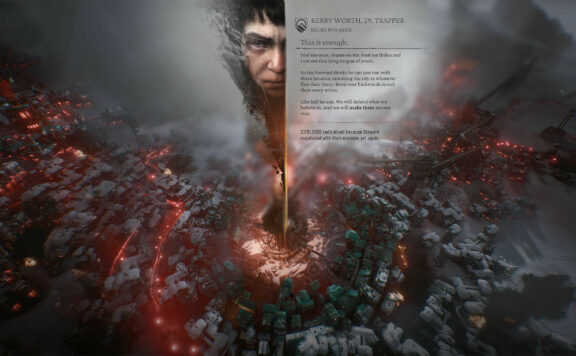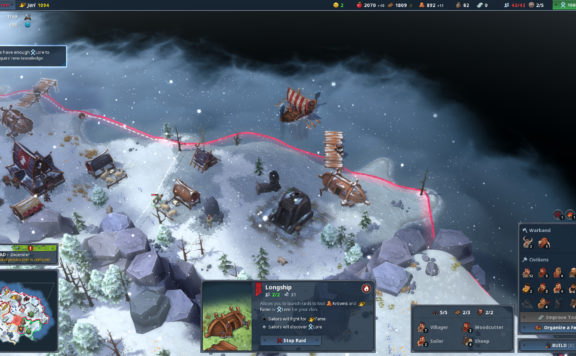It is no secret that I love strategy games. I love real-time strategies, will never say no to a turn-based one but most of all I like games that manage to figure out a new twist on the genre – the likes of Dungeon Keeper or Majesty.
Speaking of Majesty, you should totally check it out and I am going to tell you why.
Let’s start with a bit of trivia. Majesty 2: The Fantasy Kingdom Sim is a real-time strategy developed by 1C and published by Paradox Interactive in the whopping 2009. Since then the game has received a few DLC – Monster Kingdom, Battles of Ardania and Kingmaker.
The game features a lengthy campaign surrounding your ascension to the throne of Ardania. The previous king, jealous of the legendary exploits of his predecessors, decided to summon a devil that was supposed to be nobly vanquished to add the portrait of the late king to the gallery of his heroic relatives. Needless to say, things did not go according to plan – and now the king and most heirs to the throne are gone, and the kingdom is besieged by enemies from all sides. It is up to you, the new king, and your advisor who gives out missions and narrates the game to defeat the summoned devil and to restore Ardania to its previous glory.

While Majesty 2 holds onto aa humorous tone with colorful graphics and a whimsical soundtrack, it does not mean that your time following the campaign will be nothing but fun. All maps have a certain part of randomness in them that can be further increased by toggling the special option. In the later missions you might have to restart the map a few times to get a good start – so save often!
Your quest will be aided by the noble allies – Dwarves and Elves that don’t like each other very much – and somewhat obnoxious heroes of a variety of classes – each having the will and behavior of their own. Majesty 2 does not allow you to control your units directly – instead, you will have to rely on your royal decrees. There are four “contracts” in the main game, compelling heroes to attack, defend, scout or avoid.
Of course, there is a catch. Just an order is not enough; you will also have to attach a certain reward for the completion of your task. Low-level heroes will take on even the cheapest task, but your more veteran subjects will proudly walk on by and continue drinking in the tavern if the reward doesn’t fit their expectations.

On top of that, heroes have their own personalities – Rangers are more likely to take on the assignment to scout out territory, Clerics will flock to protection duties while Rogues prefer the killing contracts. Although, if the price is high enough, you will have all sorts of heroes rushing to follow your orders. If you build and upgrade a tavern, you can make your heroes form 4-man parties that will increase their chances of success.
Blacksmith and Marketplace will provide your heroes with gear – if you can pay for the research, of course.
You can also make the best of your heroes into Lords – after a campaign map is over, you will have an option to give the rank to one of your heroes from that map. From that point on you will be able to hire them in the special building. The higher the level of the hero, the more they cost.
Additionally, as you work through the campaign, you will unlock Relics that allow you to cast spells – increasing the gold gain for a short time, unleashing a mighty AoE blast and more.
Pros:
- Graphics aged nicely
- Indirect control of heroes
- Hero party & Lord mechanic
- Simple interface
- Game pause and a variety of game speeds
Cons:
- Balance is rough
- RNG
- No multiplayer







